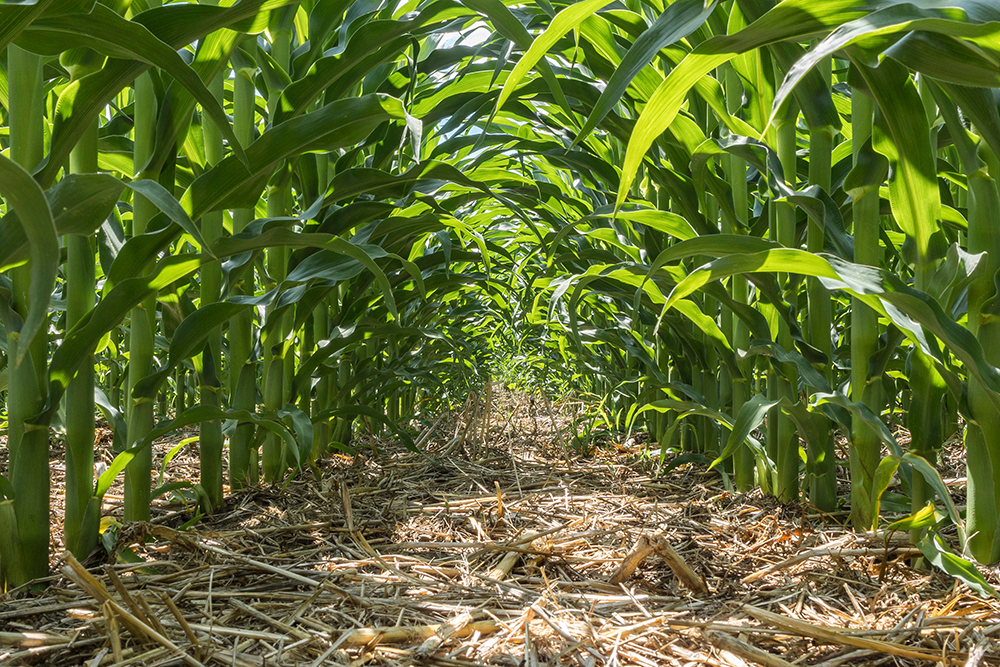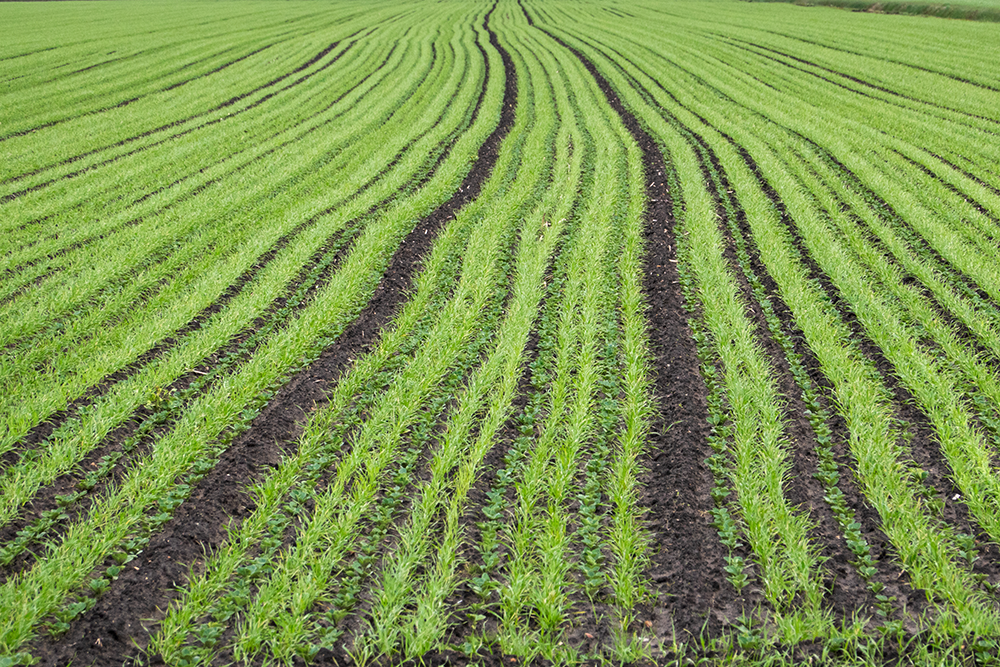
As food production faces mounting scrutiny for its role in environmental decline, regenerative agriculture is gaining attention as a hopeful alternative. By restoring soil health, enhancing biodiversity, and building resilience to climate change, it offers a way to reimagine farming, from being part of the problem to becoming a key part of the solution.
A recent policy report by the British Ecological Society brings together the expertise of over 40 academics, practitioners and farmers across the UK to assess the evidence around regenerative agriculture approaches achieving positive outcomes in the UK agricultural context, like improving soil health, increasing biodiversity and minimising environmental damage.
The report, Regenerative Agriculture in the UK: An Evidence Review, evaluates how practices such as reduced tillage, cover cropping, livestock integration, and diverse rotations can contribute to such outcomes all while maintaining food production.
Dr Lucie Büchi, Senior Lecturer in Crop Ecology at NRI, lead author on the report said: ‘Regenerative agriculture offers a way to rethink farming and food systems. This report not only presents evidence and knowledge gaps pertaining to regenerative agriculture but also delivers key recommendations for policymakers and practitioners to support farmers in making that transition.’
Impact of regenerative agriculture principles
The report indicates that the strongest evidence of positive results is associated with reducing bare soil exposure among the five primary regenerative farming principles assessed. These principles include reducing soil disturbance, limiting bare soil, promoting on-farm diversity, integrating livestock, and prioritising natural inputs instead of synthetic alternatives. Keeping living roots in the soil through cover crops not only guards against erosion but also improves soil structure, water retention, and biodiversity.
In addition to soil health, practices associated with regenerative agriculture have been shown to increase biodiversity on farms. Techniques such as intercropping and agroforestry create more diverse habitats, supporting insects, birds, and beneficial pollinators.
The report highlights strong evidence that incorporating livestock into arable systems supports the control of weeds, pests, and diseases. However, the benefits, in a UK context, of reducing soil disturbance through no-till or minimum-till practices are less well-supported due to a limited number of studies done in the UK, despite its prominence as a key regenerative agriculture practice.
Challenges and trade-offs

Concerns about potential yield reductions remain a key barrier for farmers considering a shift to regenerative agriculture and the report acknowledges some trade-offs. It indicates that while yields may initially decline during the transition to regenerative agriculture, they can stabilise or even improve over time due to enhanced ecosystem functions. This also enhances soil health and reduces dependence on external inputs.
These benefits, however, take time to materialise and vary across contexts. Long-term research is needed to better understand these dynamics. In the medium term (three to six years), the report cautions that careful management is essential to address challenges like increased competition from weeds and pests.
A whole systems approach
The report notes that a whole systems approach is necessary to maximise the benefits of regenerative agriculture. However, the authors advise that this shouldn’t discourage farmers from taking up just a few approaches.
Dr Büchi said: “Moving from one farming system to another is complex, difficult and risky. A whole systems approach is an ideal end goal, but this shouldn’t discourage farmers from picking up certain regenerative agriculture elements that they can implement on their farms. People need to start somewhere.”
To support a successful shift toward more sustainable farming, the report encourages stronger collaboration and knowledge exchange between farmers, ecologists, and policymakers. Innovation and continued experimentation will play a crucial role in driving this transition.
Professor Nicola Randall at Harper Adams University, also a lead author of the report said ‘Science and ecologists have a big part to play in regenerative agriculture along with farmers. There’s a perception that regenerative agriculture or nature friendly farming is going backwards, rediscovering past ways of farming. In actual fact, there’s a lot of exciting new technology and developments involved. The movement is very much forward looking.’
This report arrives at a pivotal moment, as all four nations of the UK are formulating agri-environment schemes following Brexit. Its findings will support the case for enabling the widespread benefits of regenerative agriculture in a manner that resonates with farmers and addresses the UK’s ecological needs.
Read the full report on the British Ecological Society website

